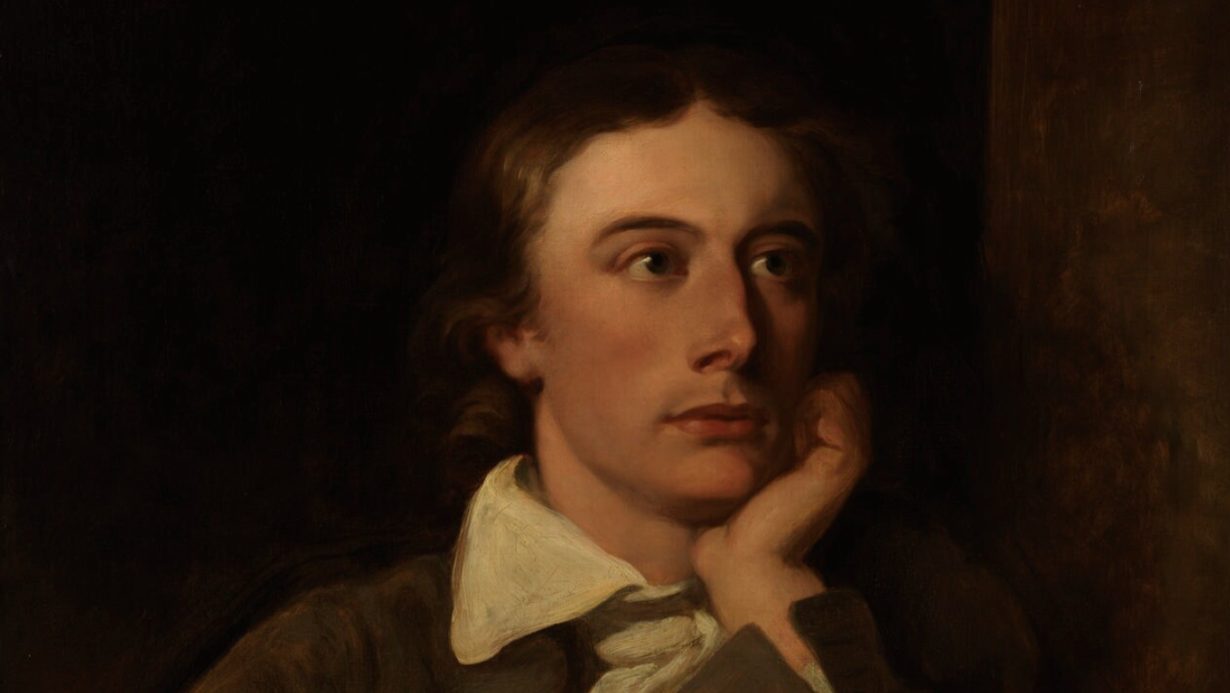Don Juan (Canto I — Selected Excerpts)
In witty ottava rima, Byron’s “Don Juan” swaps epic heroics for satire — a comic anatomy of desire and hypocrisy.
Childe Harold’s Pilgrimage (Canto III — Selected Excerpts)
Exile becomes self-fashioning in Byron’s Canto III, where Spenserian stanzas join spectacle to inward pilgrimage.
When We Two Parted
A restrained lyric of secrecy and betrayal, “When We Two Parted” turns grief into judgment with tolling simplicity.
She Walks in Beauty
Byron’s classic lyric celebrates beauty as harmony — a poised balance of dark and bright, surface and soul.
Il Penseroso (Selected Excerpts)
Milton’s companion ode to contemplation praises learned solitude, ritual, and vision as a humane counterbalance to mirth.
L’Allegro (Selected Excerpts)
Milton’s ode to mirth celebrates festivity as a disciplined joy — pastoral song and theater shaping perception and virtue.
On His Blindness (Sonnet XIX)
Milton’s Sonnet XIX reframes vocation through patience: “They also serve who only stand and wait.”
Lycidas (Selected Excerpts)
Milton’s pastoral elegy blends classical rite and Christian prophecy, turning grief into renewed vocation.
Paradise Lost (Selected Excerpts)
Milton’s epic of the Fall explores freedom and obedience in sweeping blank verse — theology unfolding as dramatic action.
When Lilacs Last in the Dooryard Bloom’d (Selected Excerpts)
Whitman’s Lincoln elegy braids lilac, star, and thrush into a ritual of grief and renewal in free verse.
O Captain! My Captain!
Whitman’s elegy for Lincoln balances public exultation with private grief in a rare, formally rhymed lament.
I Hear America Singing
An anthem of labor and individuality, “I Hear America Singing” gathers many voices into one democratic chorus.
